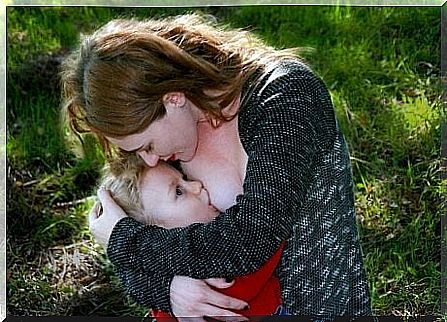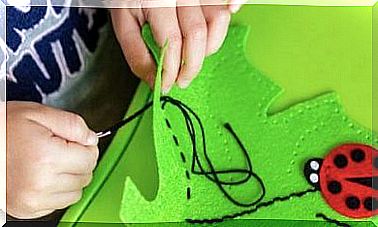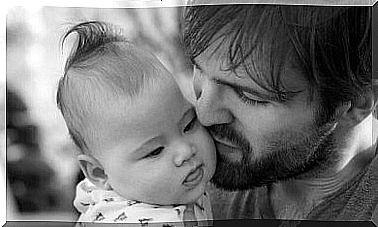Long-term Breastfeeding Has Many Advantages

When it comes to long-term breastfeeding , opinions differ. Some mothers only breastfeed their baby for the first few months, while others choose to feed their child with breast milk until they are three or four years old. Yet this is partly condemned by society, even if it is a completely natural process that can be beautiful for both mother and child.
First, we’ll define in more detail what long-term breastfeeding is.
The World Health Organization (WHO) speaks of long-term breastfeeding when the baby is breastfed for more than two years or when it is breastfed for longer than the culture or society in which it grew up.
The WHO recommends breast milk as the only food for babies in the first six months of life. Thereafter, the breast milk can be supplemented with additional food (baby porridge, fruit porridge or broth) until it is at least two years old.
There is no maximum age to breastfeed a child. Weaning occurs naturally as soon as mother and child decide to do so.

Long-term breastfeeding has many advantages
If you are about to become a mom or have a young baby that you are breastfeeding, know that long-term breastfeeding has only benefits. There are no physical or psychological risks that come with it.
The WHO promotes breastfeeding as the most appropriate and effective method to reduce child mortality, prevent infections and ensure that the baby is nourished for the first few years of life.
A global breastfeeding campaign aims to reduce infant mortality rates by 20% and encourage more mothers to feed their babies exclusively with breast milk for the first 6 months of life.
The benefits of long-term breastfeeding are:
- Optimal physical development of the child
- Close bond between mother and child that lasts into adulthood. It has also been shown that women who have breastfed themselves are more likely to do so themselves when they become mothers.
- Long-term breastfeeding promotes better emotional and affective development. The child can also build a better relationship with their parents and get on better with their partner in adulthood.
- Child morbidity from diarrhea or gastrointestinal infections can thus be reduced.
- Breast milk is a superfood that contains all of the essential nutrients. Studies have shown that their quality does not deteriorate over time. On the contrary: the nutritious properties improve and provide around 1/3 of the nutrients required by older children, even with long-term breastfeeding.
- It is natural food with no additives: it is best for your child.

There are even more advantages …
- Cognitive development is, on average, better in children who have been given breast milk for a longer period of time, and it holds up over time. Better academic performance is often associated with greater success in later professional life.
- This also reduces the risk of diseases such as diabetes, obesity and cancer in the long term, both in the child and in the mother.
- As a rule, when the child grows up, they enjoy better mental health.
- Positive emotional changes have been observed in adopted children who have been breastfed.
- However, breastfeeding is not just about food, it is also about love, security and protection. Before you make the decision to wean, think twice because you won’t be able to go back afterwards.
A study by the Spanish Association of Pediatrics entitled “Breastfeeding Older Children or Long-Term Breastfeeding” recommends weaning slowly to avoid trauma to the child. The mother should also take into account her own emotions. When she feels that the time is right to stop breastfeeding, she should gradually, without feeling guilty, begin supplementing breast milk with other foods.









